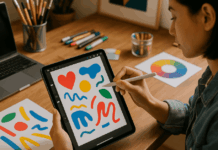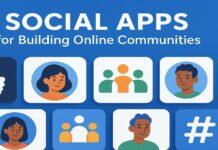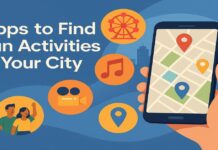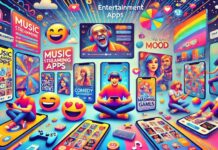In today’s fast-paced world, mental health apps have become a valuable tool for many individuals seeking support, guidance, or daily check-ins.
These apps offer flexible and discreet access to mood tracking, guided therapy, meditation, and emotional support. When used wisely, they can serve as helpful companions for maintaining mental well-being.
How Mental Health Apps Can Help
Mental health apps provide access to help whenever and wherever it’s needed. This makes them a useful option for people facing long waits for therapy or those in underserved areas.
Discreet and Stigma‑Free
Using free mental health apps removes the fear of judgment. People can take care of their mental health in privacy, which is especially important in cultures or environments where stigma persists.
Evidence‑Based Techniques
Many apps use scientifically backed methods such as Cognitive Behavioral Therapy (CBT), mindfulness, and mood journaling. These methods have been shown to offer benefits for users with mild to moderate symptoms.
Support While Waiting For Care
Research shows that using certain apps while waiting for professional help can ease symptoms of anxiety, depression, or stress, making them useful stopgap solutions.
Education and Prevention
Apps can help users understand their symptoms, build resilience, and promote early action before problems become severe.
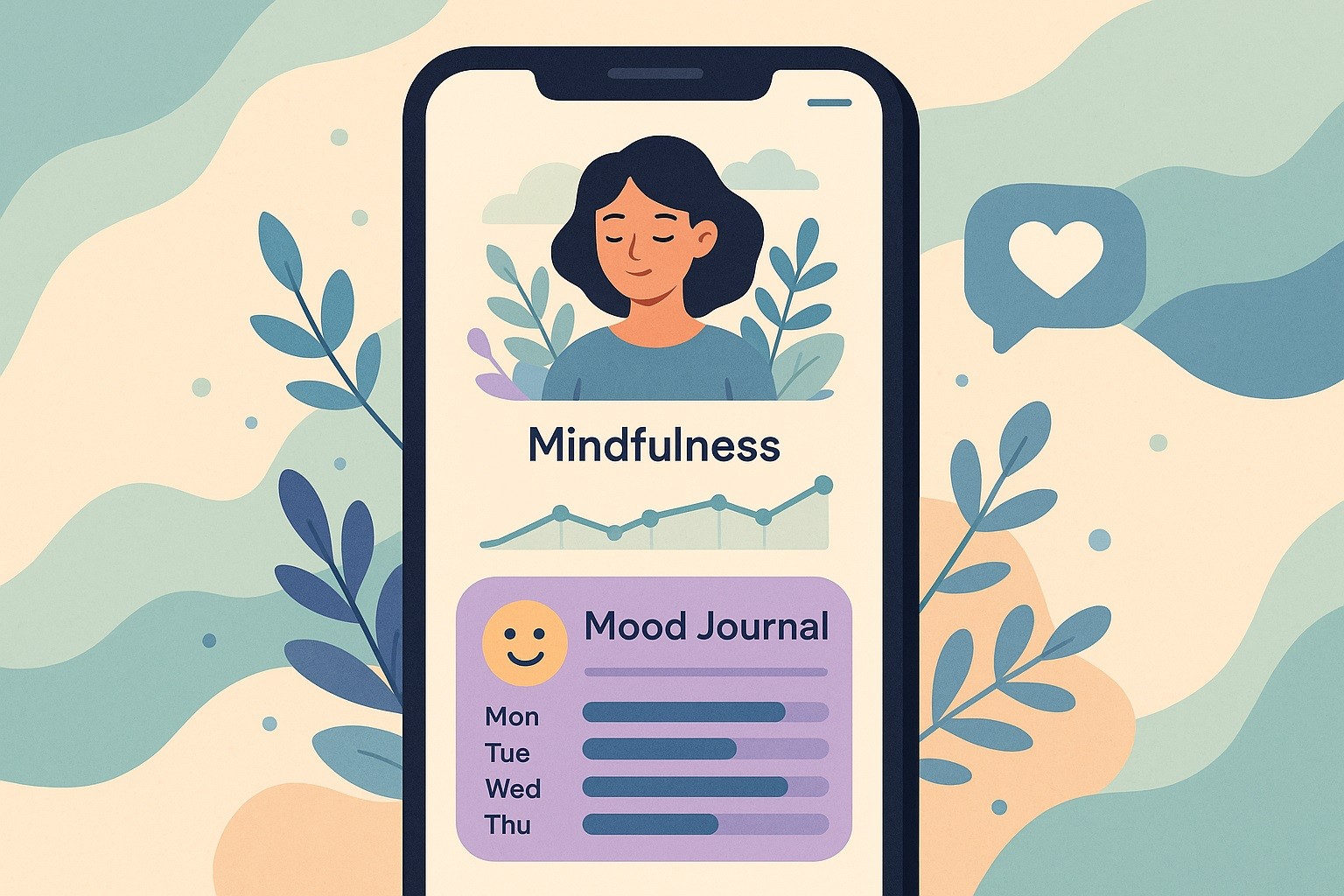
Limitations to Be Aware Of
Many studies only track mental health improvements over a few weeks or months. The long-term benefits of these apps remain under investigation.
Not all mental health apps protect user data properly. Some have been criticized for sharing sensitive information without adequate consent.
Apps are not replacements for professional mental health services. If someone is in crisis or facing a serious disorder, immediate professional help is needed.
Many people download apps but stop using them after a short period. Ongoing use is necessary to see meaningful benefits.
Tips for Choosing the Right App
Choosing the right app requires evaluating personal goals and preferences. Consider these questions before downloading:
- What specific support do you need? (Meditation, therapy, stress tracking, etc.)
- Does the app use proven techniques like CBT or mindfulness?
- Does it clearly explain how your data is protected?
- Is there a free version with enough features?
- Are reminders or progress tools available to help you stay consistent?
Evidence-Based Mental Health Apps
Evidence-based mental health apps are digital tools designed to support mental well-being using methods that are scientifically validated.
These apps typically incorporate principles from cognitive-behavioral therapy (CBT), mindfulness, psychoeducation, and other psychological interventions. To be considered evidence-based, an app must meet several criteria:
- Clinical Validation: It has been tested in randomized controlled trials (RCTs) or peer-reviewed studies.
- Theoretical Foundation: The app’s approach is rooted in established psychological frameworks (e.g., CBT, DBT, ACT).
- Expert Involvement: Developed or reviewed by licensed psychologists, psychiatrists, or researchers.
- Ongoing Evaluation: Continuously updated based on new research or user feedback.
Recommended Mental Health Apps
Below are some of the most trusted mental health apps. They are widely available, well-reviewed, and designed with evidence-based features.
Headspace – Mindfulness and Meditation
Headspace offers daily guided meditations, breathing exercises, and courses on topics like sleep, anxiety, and focus. The app is ideal for those seeking a calmer mind and a more mindful lifestyle. Its clear structure and friendly interface make it one of the most accessible meditation tools.
Calm – Sleep and Relaxation
Calm specializes in sleep stories, relaxing music, and mindfulness tools. It helps users unwind, reduce anxiety, and improve their sleep routine. The app’s visuals and soundscapes are especially soothing for those who struggle to disconnect.
Wysa – AI-Powered Mental Health App with CBT Techniques
Wysa is a chatbot that uses conversational language to guide users through evidence-based exercises. It includes mood tracking and journaling, offering support without the need to talk to a person. For deeper help, users can connect with professional coaches.
Youper – Emotional Health Assistant
Youper uses artificial intelligence to deliver personalized mental health support. It combines techniques from CBT, Acceptance and Commitment Therapy (ACT), and Dialectical Behavior Therapy (DBT). It’s helpful for those looking for daily mental check-ins and guidance.
Talkspace / BetterHelp – Online Therapy
These platforms connect users with licensed therapists for video or text sessions. They offer flexible plans and access to professionals from the comfort of your home.
They are a good option for those who want structured therapy but have difficulty attending in-person sessions.
Daylio – Mood Tracking and Journaling
Daylio allows users to log moods, activities, and routines. Over time, it provides charts and patterns that help users understand emotional triggers. It’s especially helpful for people who want to observe their mental health trends over weeks or months.
Do Mental Health Apps Work
Begin with just five minutes a day. Set daily reminders to form a habit. Use journaling or mood logs to reflect on how you’re feeling. This makes it easier to see if the app is making a difference.
Apps work best when used alongside physical activity, social interaction, and healthy sleep patterns. If symptoms get worse, don’t rely solely on an app. Contact a therapist, doctor, or support line for urgent care.
What Studies Say About Effectiveness
Most research shows that mental health apps offer small to moderate benefits—particularly for stress, anxiety, and mild depression.
People waiting for therapy or living in remote areas may experience relief using these tools. However, researchers also emphasize that long-term outcomes and sustained engagement are not guaranteed.
Mental health professionals suggest apps should be used to supplement, not replace, human interaction and therapy.
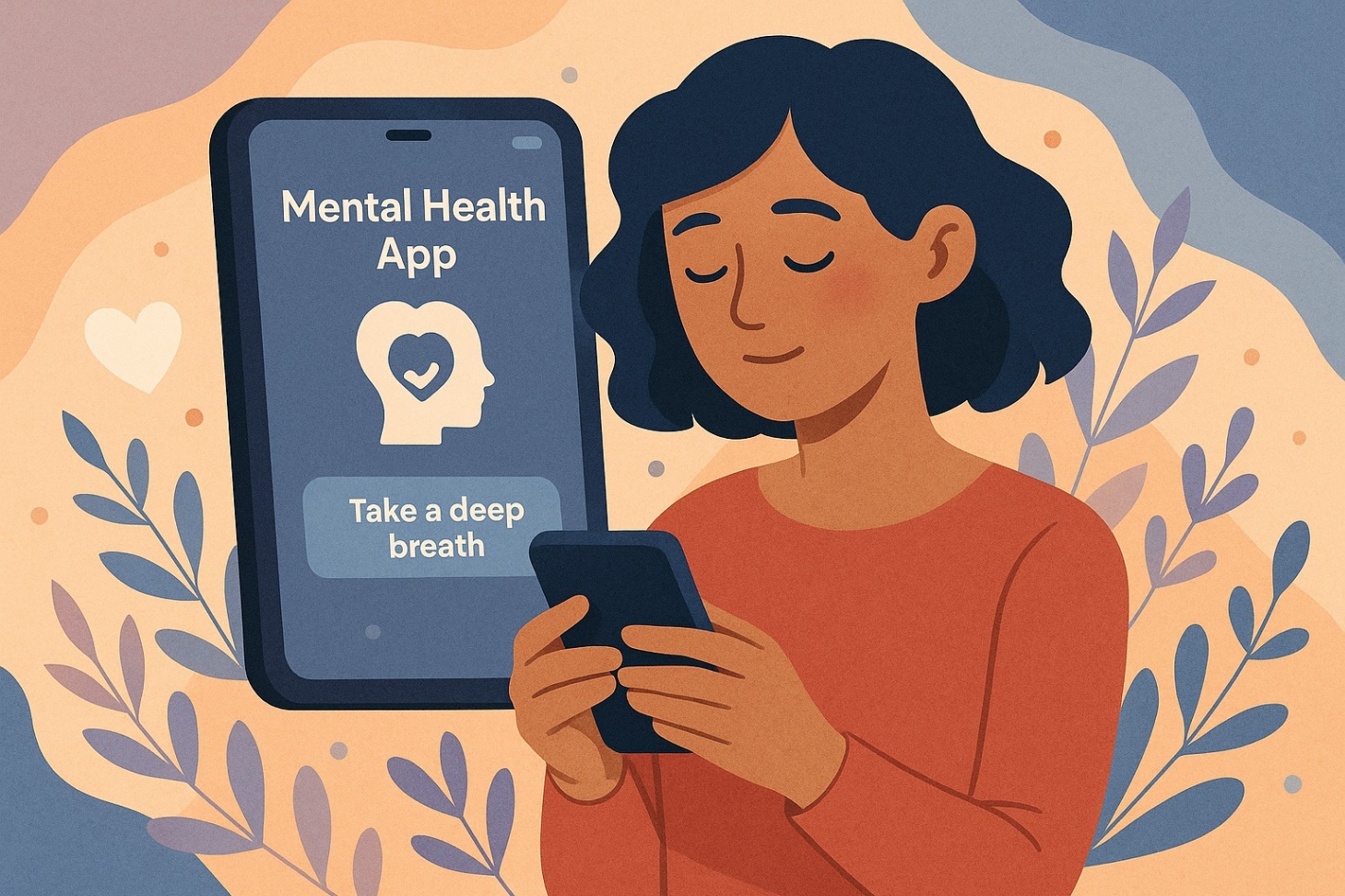
Summary: Mental Health App Development
An app can guide you, but healing often involves human connection, lifestyle changes, and, when needed, professional support.
| Goal | Recommended App(s) | Highlights |
|---|---|---|
| Mindfulness and relaxation | Headspace, Calm | Guided meditation, calming visuals, sleep aids |
| Chat-based emotional support | Wysa, Youper | CBT-based AI chat, journaling, mood tracking |
| Online professional therapy | Talkspace, BetterHelp | Licensed therapists, video/text sessions |
| Mood tracking and self-awareness | Daylio | Logs emotions and patterns over time |
Final Thoughts
Mental health apps are not magical cures, but they can offer structured, supportive environments to help you better understand your emotions and habits.
With regular use and the right match for your needs, these tools can build resilience, promote emotional well-being, and provide valuable insights.
If you’re exploring new ways to care for your mental health, try starting with just one app—and build from there.


